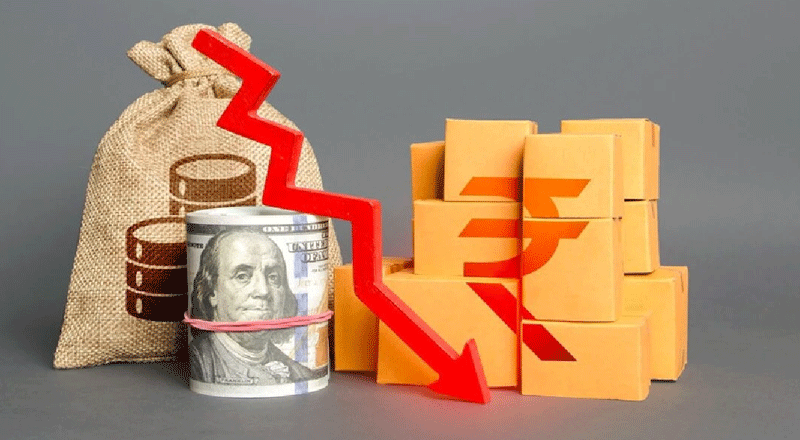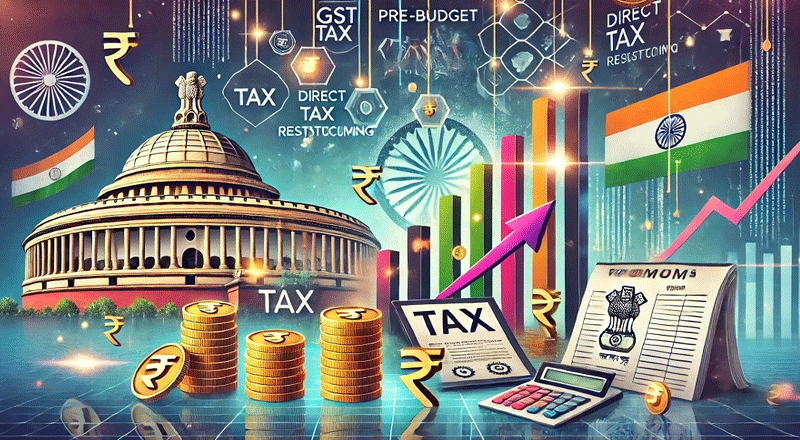Volkswagen’s Impact on India’s Economy
Volkswagen, one of the world’s leading automobile manufacturers, has played a significant role in India’s automotive industry, bringing in investments, creating jobs, and contributing to technological advancements. The company’s presence has strengthened the Indian car market, making it a hub for global auto players. However, Volkswagen is now locked in a legal battle with Indian authorities over a massive $1.4 billion (Rs 11,125 crore) tax demand, a move that threatens its $1.5 billion planned investment and raises concerns over India’s appeal as a foreign investment destination.
The Core of Volkswagen’s Legal Challenge
The dispute stems from India’s tax authorities allegedly reclassifying Volkswagen’s imported car components as completely knocked-down (CKD) units, which attract a significantly lower import duty of 5-15%. The government claims that Volkswagen wrongly categorized nearly complete cars as individual parts to benefit from the lower duty rate, rather than paying the 30-35% duty applicable to fully assembled cars (CBU – Completely Built Units).
Volkswagen, however, denies any wrongdoing, asserting that its classification was conducted with full government approval, following established import procedures and necessary clearances. The company argues that the tax authorities’ claim is retrospective and inconsistent with India’s import tax rules, making the demand legally unsustainable.
Potential Consequences of the Lawsuit
The case, currently being heard in the Bombay High Court, could set a crucial precedent for other international companies operating in India. If the ruling goes against Volkswagen:
- Financial Impact: The company may have to pay the full tax demand, significantly affecting its financial plans in India.
- Industry-Wide Ramifications: Other foreign automakers operating under similar import classifications may also face scrutiny and financial liabilities.
- Investor Sentiment: The verdict could influence India’s reputation as a business-friendly destination for foreign investors, particularly in the auto sector.
On the other hand, if Volkswagen wins the case, it will reinforce confidence among foreign businesses and provide legal clarity on tax classifications, ensuring fair treatment of international companies operating in India.
Volkswagen’s Stand and Legal Recourse
Volkswagen maintains that its import process adhered to Indian laws and regulations and that the tax department’s contradictory stance could harm its reputation in India. If the Bombay High Court rules against the company, Volkswagen has the option to appeal the decision in the Supreme Court of India.
A Crucial Turning Point for India’s Auto Sector
The outcome of this lawsuit will have long-term implications for the Indian automobile industry. A decision in favour of Volkswagen could strengthen India’s appeal to global investors, while an unfavourable ruling could deter further foreign investments in the auto sector. As the court proceedings continue, industry stakeholders and investors eagerly await a resolution that could shape the future of India’s car industry and its global investment climate.
(With inputs from agencies)





